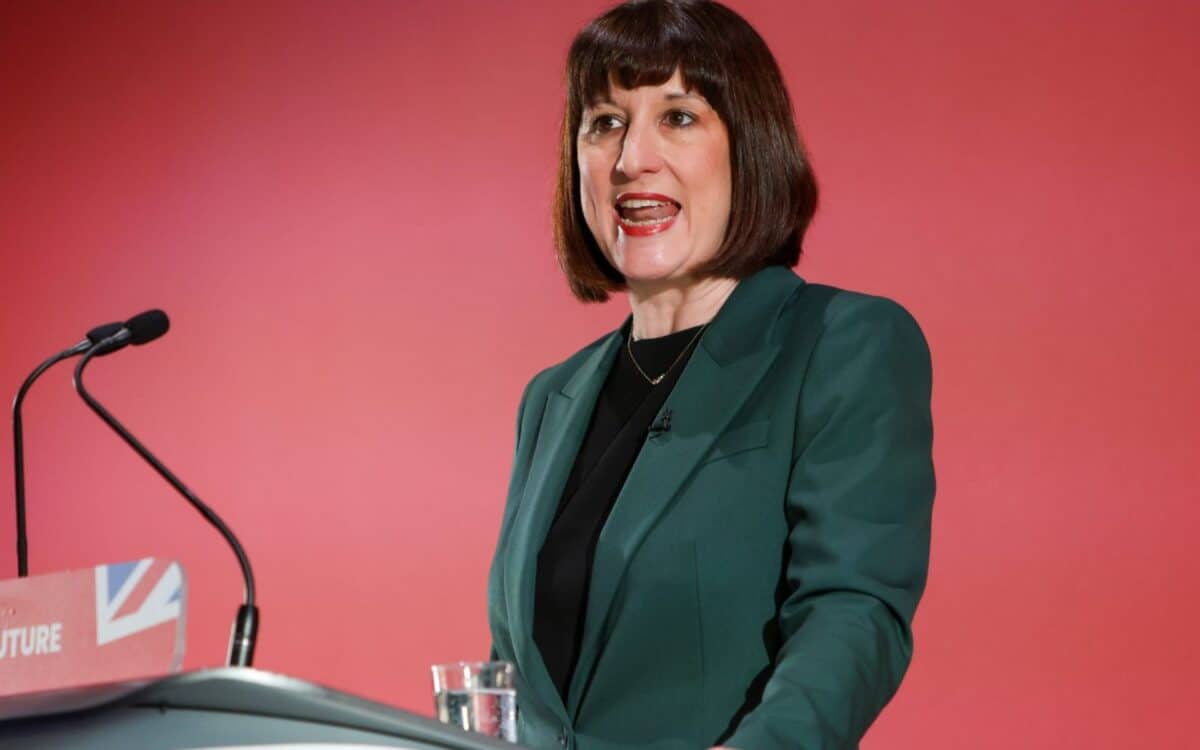The UK government faces increasing pressure to raise £30 billion in new tax revenue to address its growing fiscal challenges. Economists caution that Chancellor Rachel Reeves may be forced to reconsider her previous pledges regarding tax increases in order to meet the rising costs of defence.
The UK’s commitment to NATO defence spending requirements is at the center of these discussions, with mounting costs expected in the coming years.
According to a report by GB News, the government may have to revisit its fiscal strategy and tax policies to ensure it can meet its obligations without undermining economic stability.
Increased Spending Pressures and NATO’s Demands
Prime Minister Keir Starmer has committed to increasing UK defence spending to 3% of GDP by the next parliament. However, NATO is expected to push for even higher commitments, potentially up to 3.5% of GDP in the coming years. Mark Rutte, the NATO Secretary General, recently stated:
“We know that the two per cent pledge agreed way back in 2014 just doesn’t cut it anymore. So in 2025, we are finalising a plan to dramatically increase defence spending across the Alliance.“
This increase in spending comes amid an environment of strained public finances, where the Chancellor is already facing challenges to meet fiscal rules.
A Potential Break In Fiscal Pledges
As the UK government navigates these financial pressures, Chancellor Rachel Reeves is confronted with the dilemma of raising taxes. She has previously pledged not to increase income tax, National Insurance, or VAT.
However, with defence expenditure requiring substantial funding, these commitments may need to be revisited in order to secure the necessary resources.
Economists predict that to meet these rising pressures, the government may need to impose a fiscal tightening of £15 billion to £30 billion. As Michael Saunders, senior policy advisor at consultancy Oxford Economics, noted:
“To establish a more credible path to defence spending ‘considerably north of three percent’ next decade, the Government may decide in the Autumn Budget that it needs to add some extra spending within the five-year OBR forecast horizon.“
“It’s not hard to see pressures for extra fiscal tightening of £15 billion to £30 billion. The need to raise revenues may require the Government to revisit its manifesto commitments, which seemed to rule out increases in most major taxes.“
Rising Defence Commitments and Economic Strain
The additional defence spending required by NATO‘s future targets will likely contribute to the UK’s growing fiscal gap.
The economic challenges are further compounded by domestic welfare promises, such as restoring Winter Fuel Payments and reviewing child benefits, which are putting additional strain on the budget.
Additionally, the Chancellor faces a limited fiscal space, with only £9.9 billion left to meet her fiscal rules. This narrow margin forced her to revise spending plans earlier this year in order to maintain balance.
Fiscal Tightening: A Difficult Path Ahead
The pressure to balance these competing priorities without endangering public services is creating a tense fiscal environment.
As the Chancellor continues to navigate the delicate balance between fulfilling defence obligations and maintaining public services, further tax rises seem increasingly inevitable. Rachel Reeves has already stated:
“I’m not going to say that I’m not going to take any tax measures in the next four years,“
when addressing business leaders at the Confederation of British Industry annual dinner.









